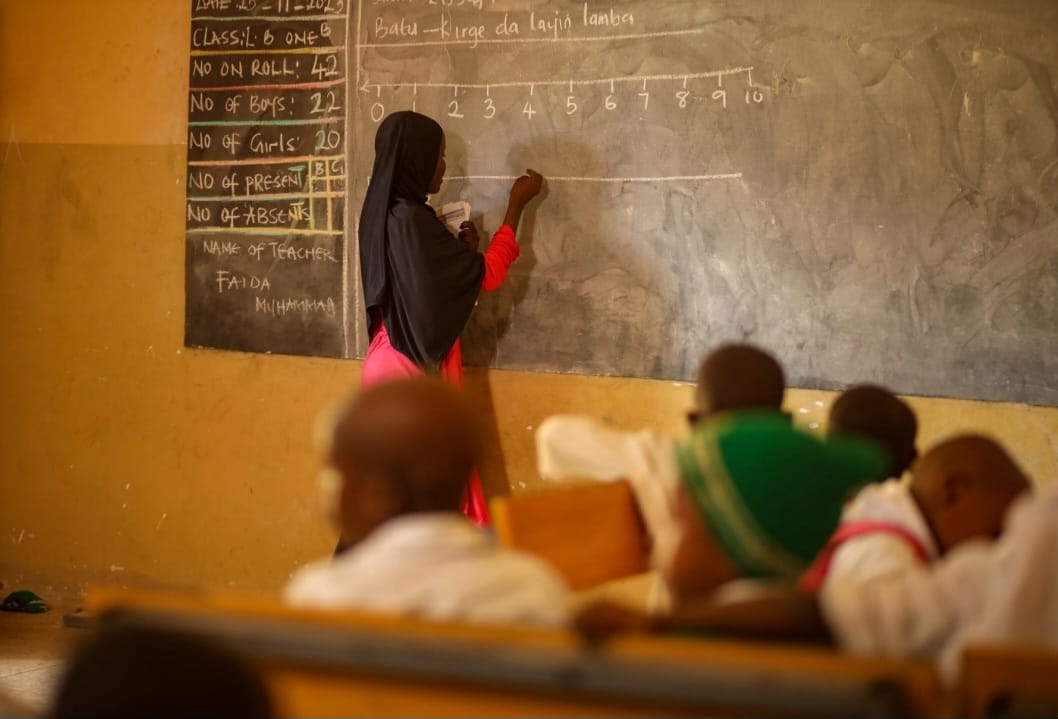
School Opening and Attendance (SOA) Scoping Final Report
Nigeria faces a learning crisis. Over 10 million primary age children are out of school and of those who are enrolled,as many as 40% do not attend regularly. Teacher shortages, […]

Nigeria faces a learning crisis. Over 10 million primary age children are out of school and of those who are enrolled,as many as 40% do not attend regularly. Teacher shortages, […]
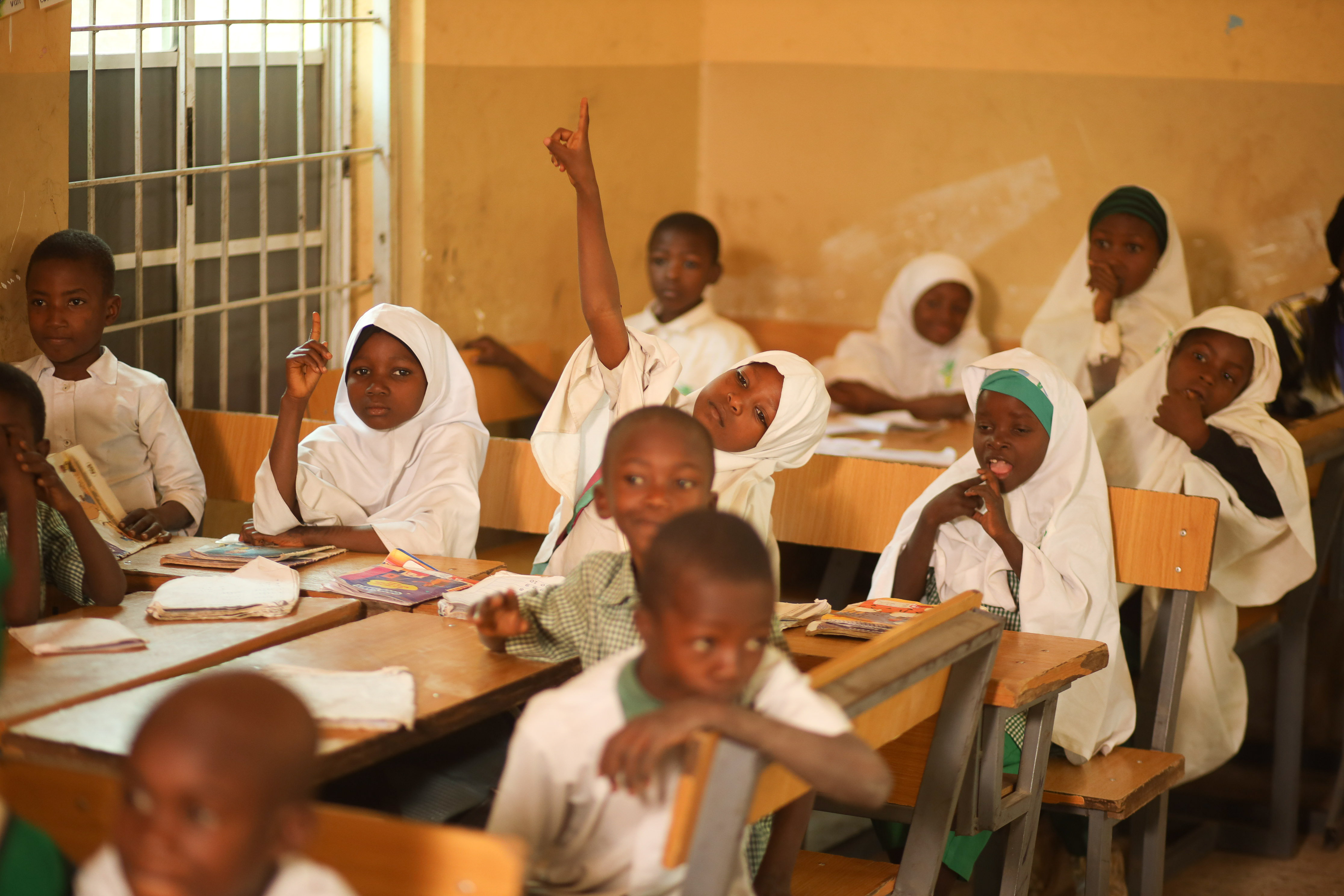
The Partnership for Learning for All in Nigeria (PLANE) programme, funded by the UK Government’s Foreign Commonwealth and Development Office (FCDO) is supporting state governments in Kano, Kaduna and Jigawa states, to strengthen the quality assurance process in non-state schools, using Graded Assessment tools.
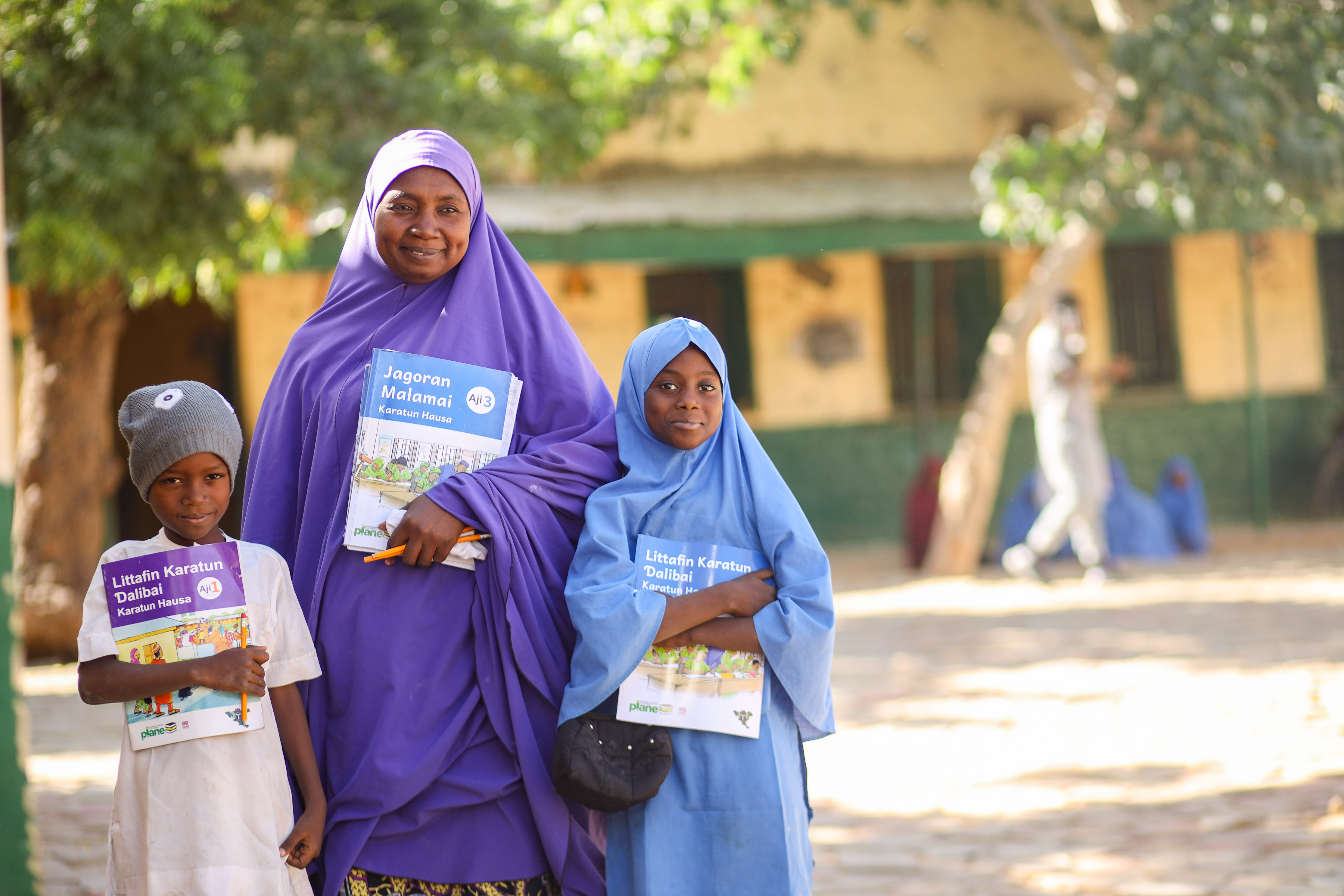
The PLANE intervention focuses on global best practices for improving foundation learning skills, prioritising the use of a child’s first language in education while also focusing on the professional development of teachers through a cascade model.
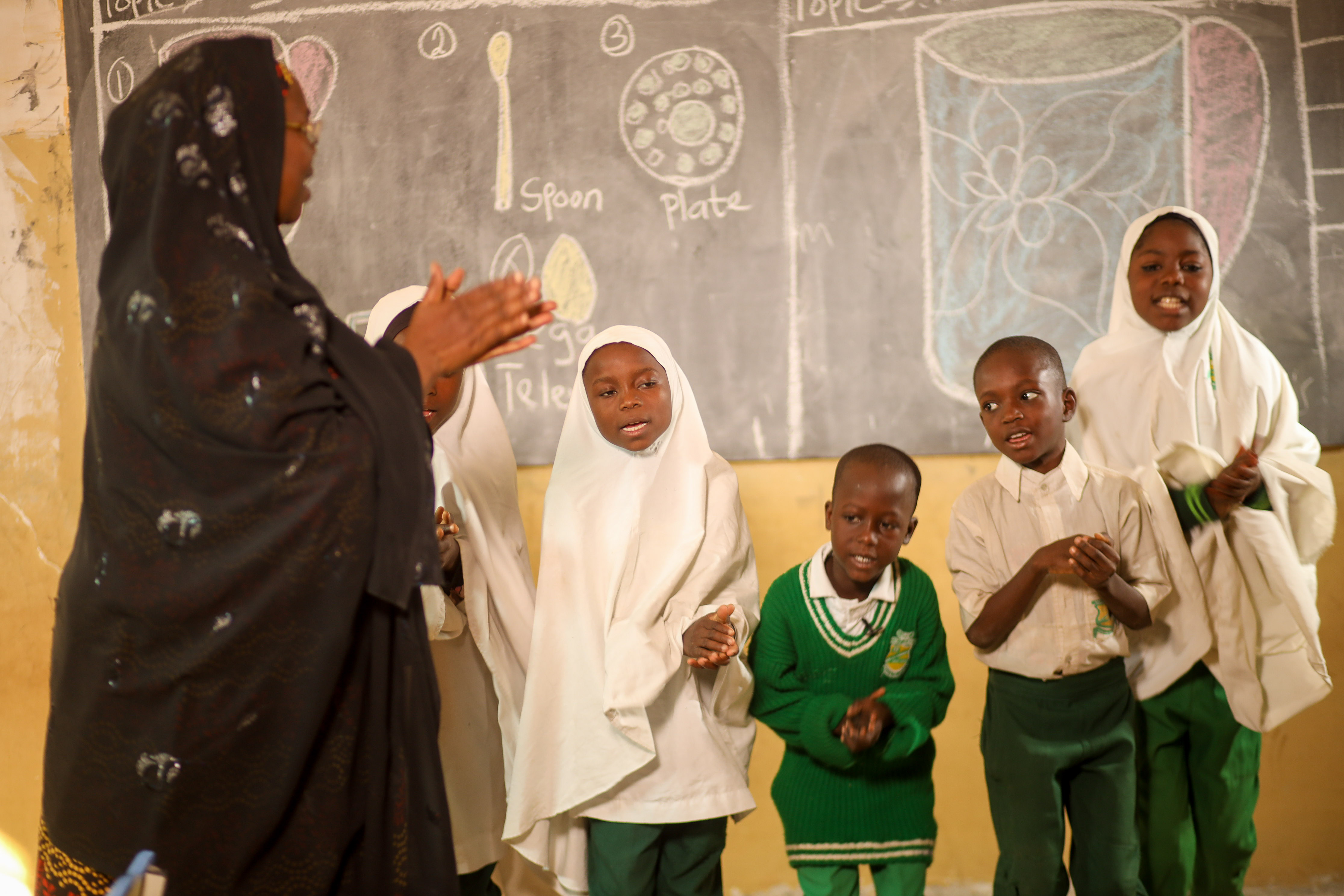
For transformative education to take place, students must learn in an environment that is safe and conducive and encourages an equal opportunity to thrive, irrespective of background.
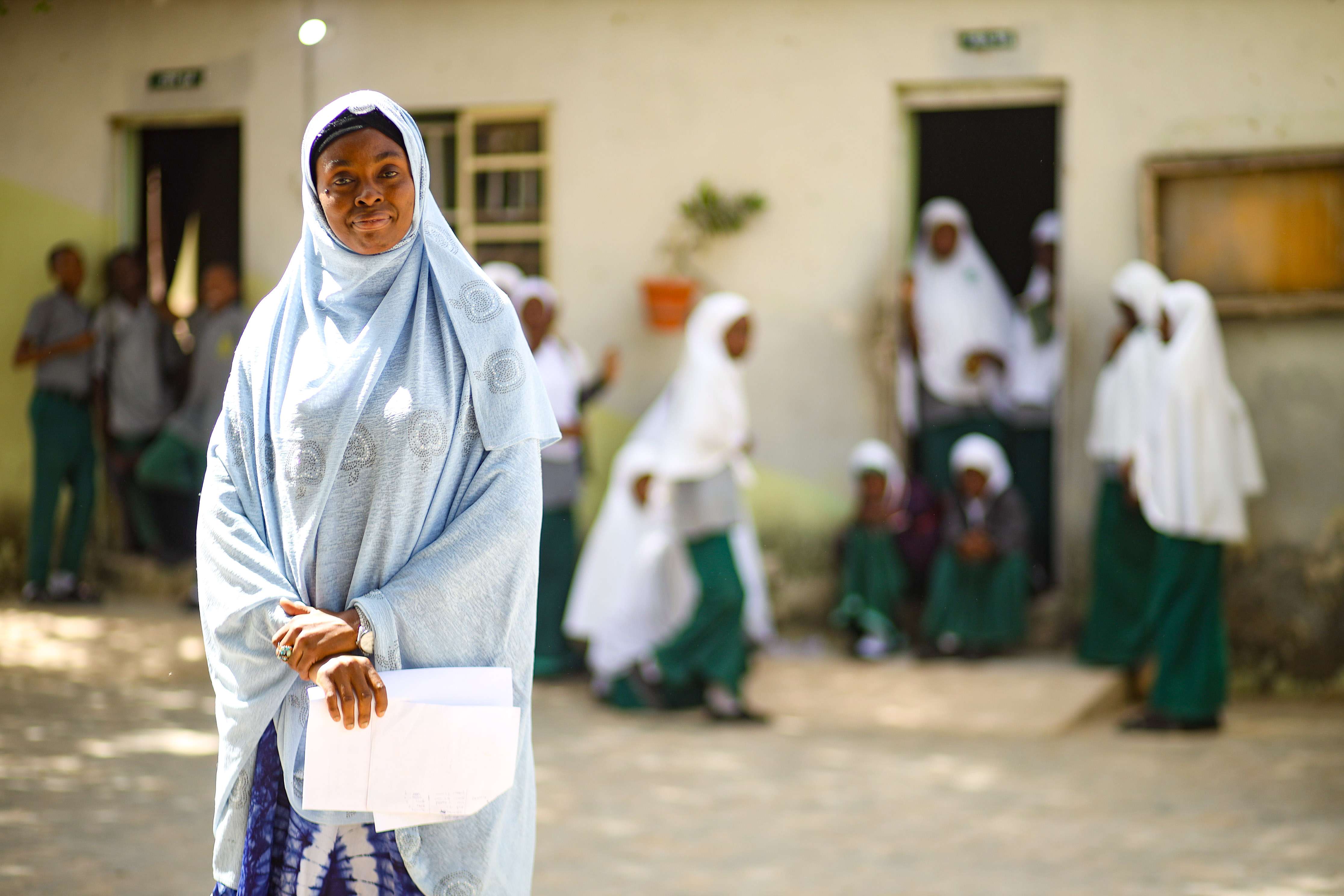
PLANE facilitated the development of a Memorandum of Understanding (MoU) in 2023 between First City Monument Bank (FCMB) and The National Association of Proprietors of Private Schools (NAPPS.
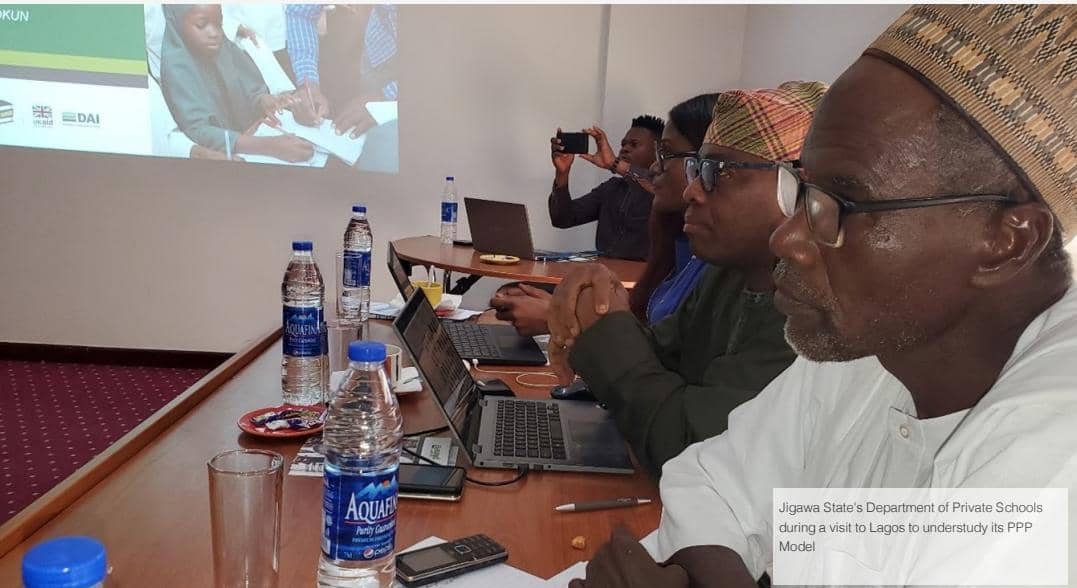
The Partnership for Learning for All in Nigeria (PLANE) programme has an objective to improve the collaboration between government and non-state education systems as it relates to service delivery, accountability and financing
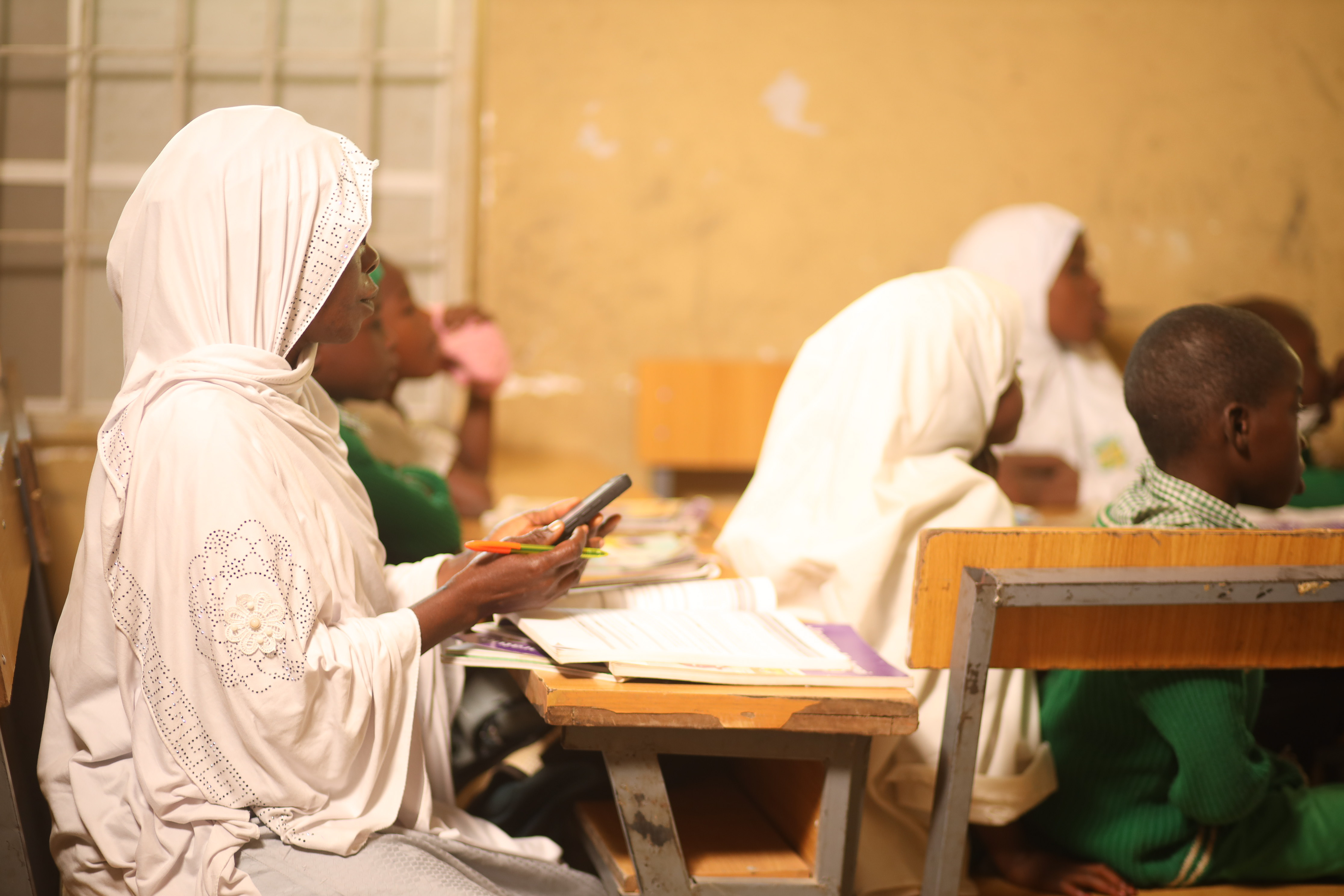
With support from the Partnership for Learning for All in Nigeria (PLANE) programme, the state governments in Kano, Kaduna and Jigawa have now introduced the use of an Education Dashboard technology to help them in tracking and reporting school support visits and results in real-time.
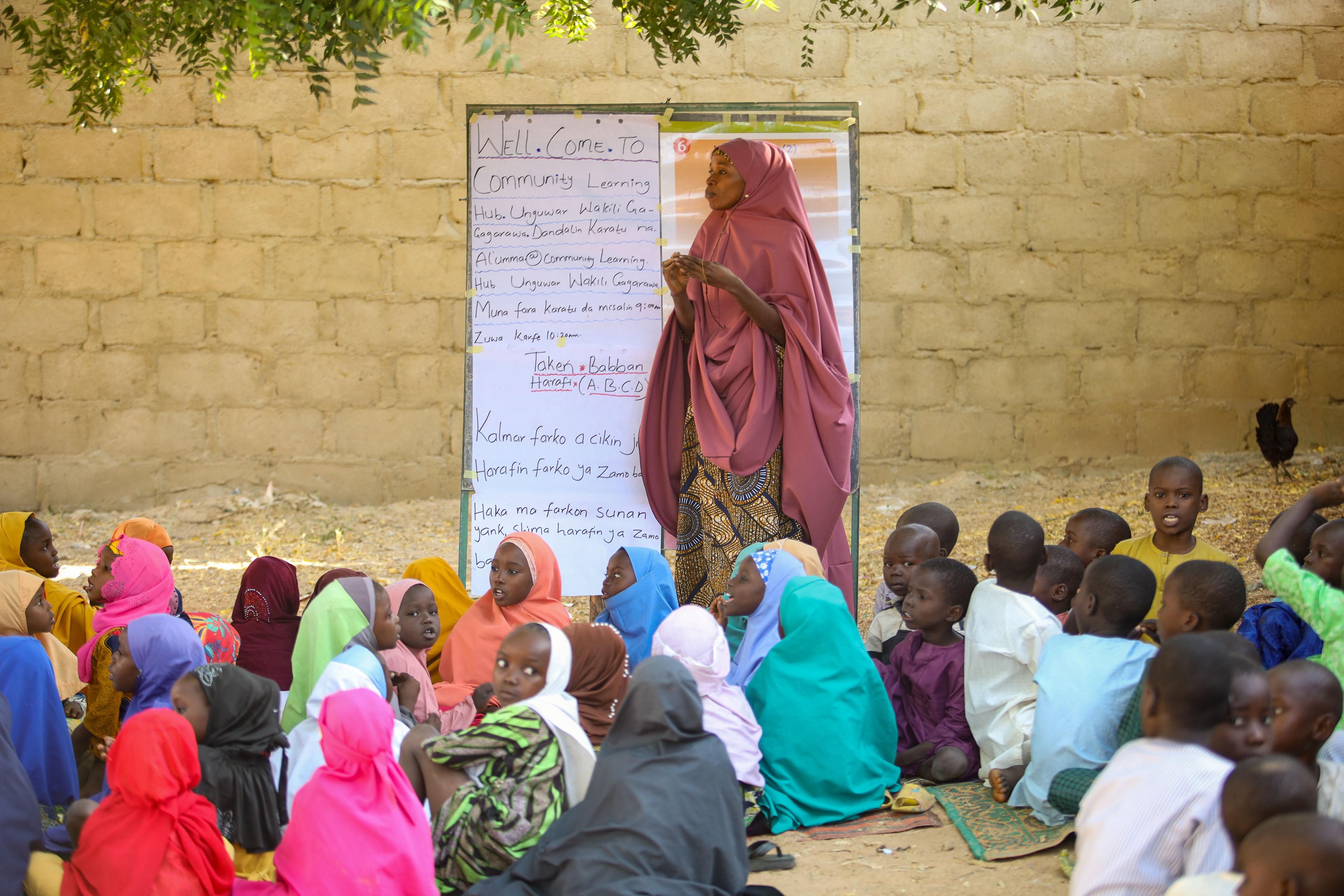
This collection of stories of change from the PLANE Window One programme showcases some of the progress we made in our first year of implementation, supporting the delivery of education services at the federal level and in three northern states, Kano, Kaduna and Jigawa.

This collection of stories of change from the PLANE Window One programme showcases some of the progress we made in our first year of implementation, supporting the delivery of education services at the federal level and in three northern states, Kano, Kaduna and Jigawa.
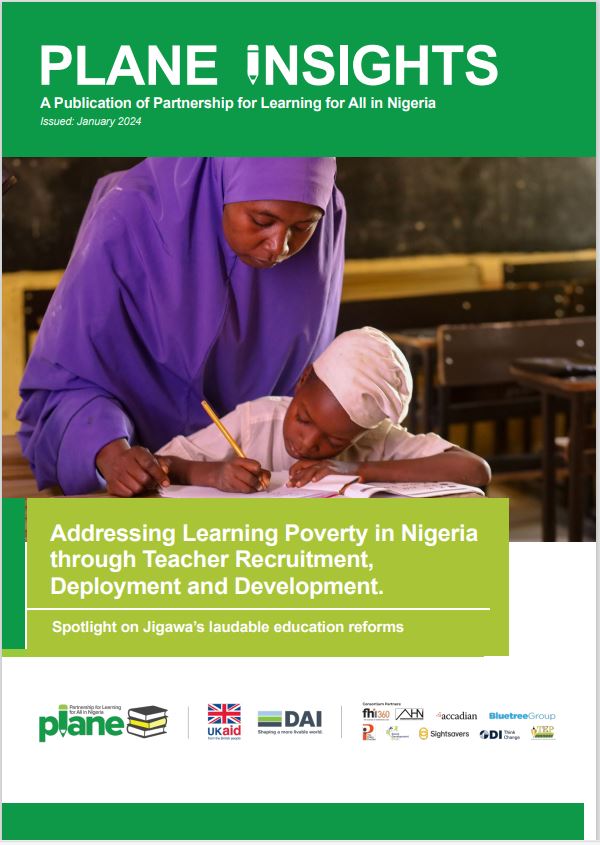
This newsletter highlights the issue of learning poverty in Nigeria and presents some of the solutions that PLANE has been working on together with our partners. It is gratifying to note that addressing the learning crisis is top on the agenda of government. Development partners and other relevant stakeholders have lined up behind the Government of Nigeria’s education reform agenda. Download to read!
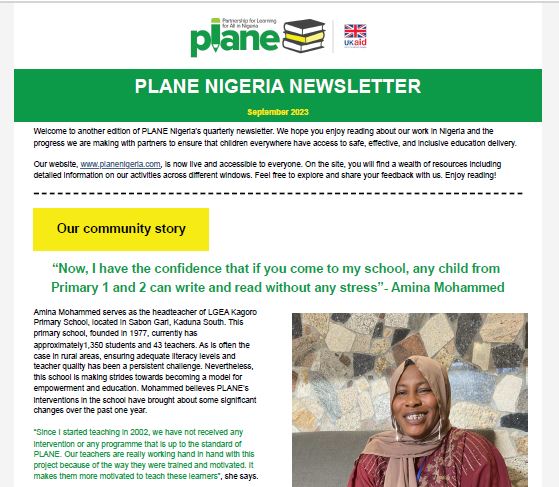
At the end of August 2023, PLANE marked the end of its first year of intervention in Nigeria. Working in close collaboration with government and organisations with a shared vision, we have been able to reach 554,648 students and 9,385 teachers in Jigawa, Kaduna and Kano States with our interventions under Window One, implemented by DAI and consortium partners. We have enabled support visits to 1,968 schools, trained 2,487 headteachers in safeguarding and established 200 community learning hubs where we are raising education awareness and promoting learning skills in informal settings. Download our newsletter to read more.
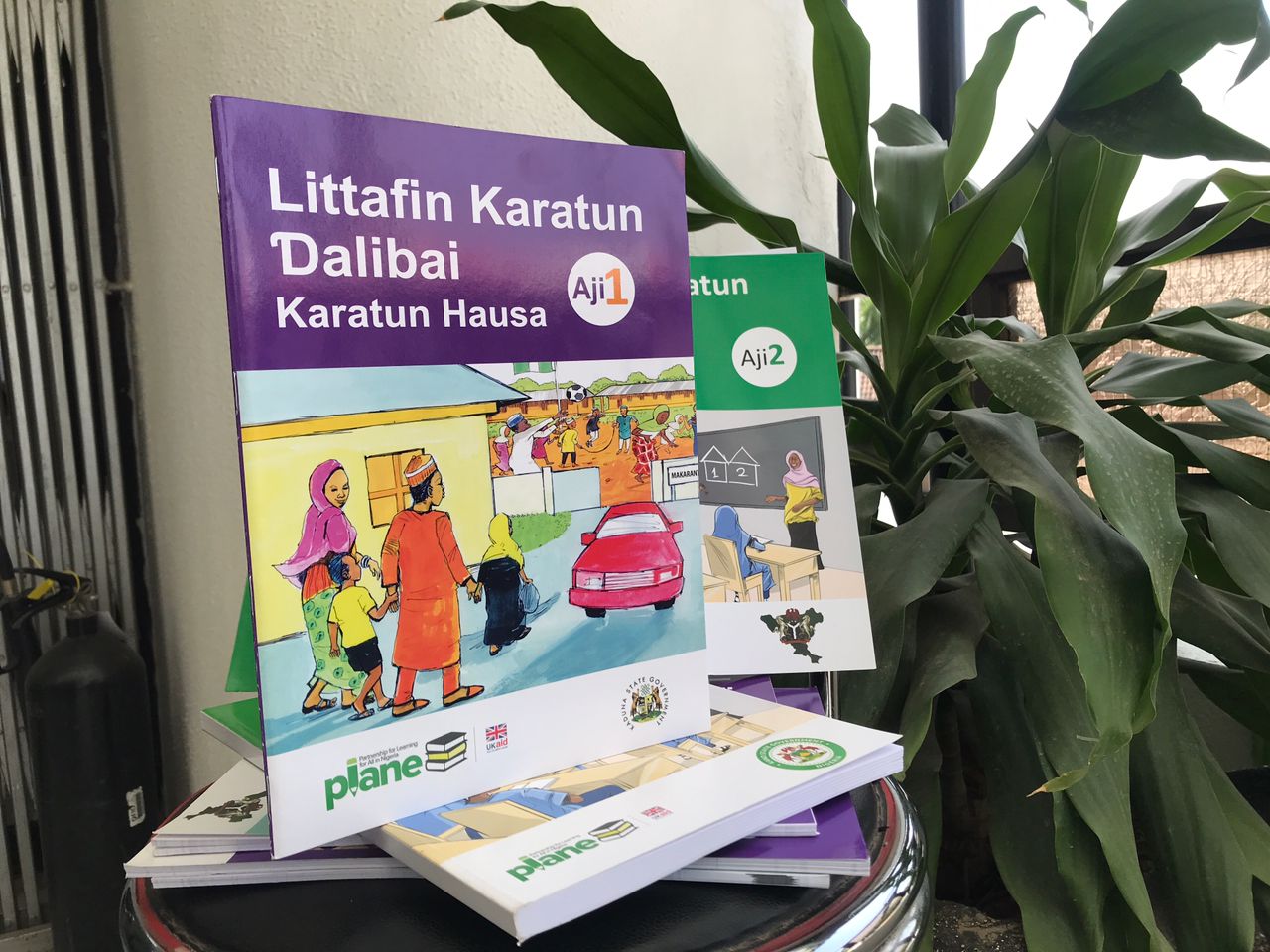
PLANE has successfully developed literacy and mathematics materials for Primary 1-3 students, along with read-aloud anthologies and teacher guides to simplify the experiences of teachers and aid their delivery in the classroom. The materials, which are in alignment with the Nigerian National Primary Curriculum and global best practices are linguistically and culturally relevant, written entirely in Hausa and in collaboration with local stakeholders. The foundational learning materials use a learner-centered approach to instruction that will ultimately improve both teaching practices and learning outcomes in primary schools. These resources will transform teaching and learning by meeting teachers and pupils where they are, in their own language and then helping them to apply the same skills in another language of wider communication.